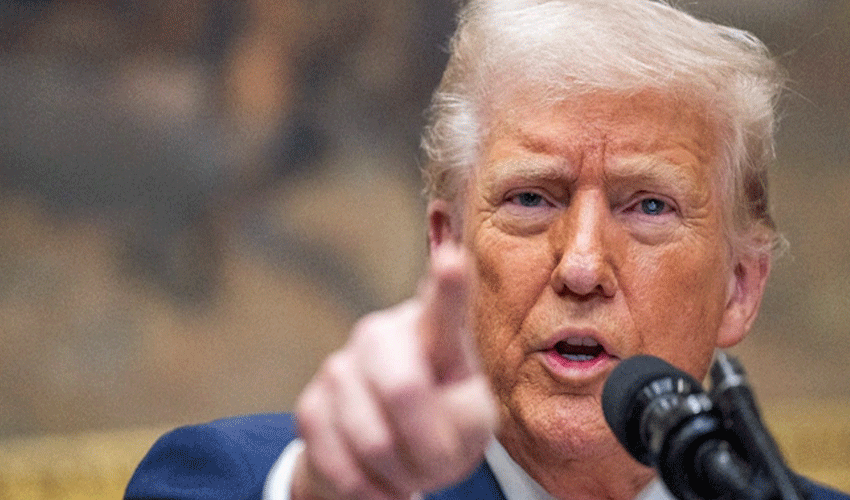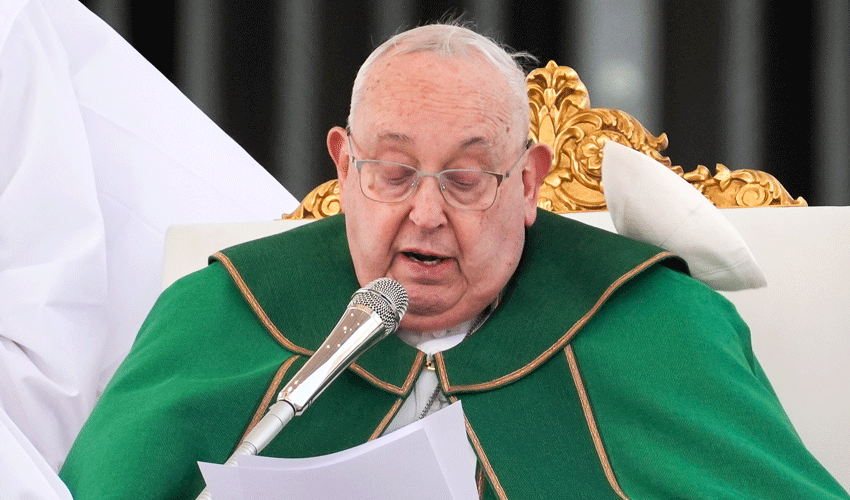US President Donald Trump has unveiled a controversial proposal offering cash incentives and plane tickets to undocumented immigrants who voluntarily choose to leave the country, marking a shift from his previously hardline stance on immigration.
In an exclusive interview with Fox Noticias, Trump outlined the plan, stating that illegal immigrants who "self-deport" would receive a stipend and a plane ticket back to their home countries.
The proposal, which would allow immigrants who are deemed “good individuals” to return legally in the future, signals a new approach to the immigration issue that contrasts with his earlier emphasis on mass deportations.
"We are going to give them a stipend. We are going to give them some money and a plane ticket, and then we're going to work with them – if they're good – if we want them back in, we're going to work with them to get them back in as quickly as we can," Trump said.
While the details of the program remain unclear, Trump’s comments suggested a focus on voluntary departures rather than forced removals, a significant departure from his earlier immigration policies.
Currently, immigrants have been advised to indicate their "intent to depart" using a US Customs and Border Protection app.
Trump emphasized that the primary focus of his administration’s immigration enforcement would be on those with criminal records. "We are getting the murderers out," he said, stressing the need to prioritize removing individuals who pose a threat to public safety.
Alongside the focus on criminal immigrants, Trump expressed support for businesses, particularly in agriculture and hospitality, struggling with labor shortages due to restrictions on undocumented workers. He suggested that the self-deportation program would provide a solution, allowing workers to return to their industries in a lawful manner if deemed eligible.
“It would be very soothing for farmers,” Trump remarked, indicating that the plan could help alleviate workforce challenges in key sectors of the economy.
The proposal has raised concerns among immigrant rights groups, who argue that offering financial incentives to leave may further marginalize vulnerable communities. However, Trump’s administration has defended the policy as a means to reduce illegal immigration while providing a path for potential future legal reentry for those who meet certain criteria.



























